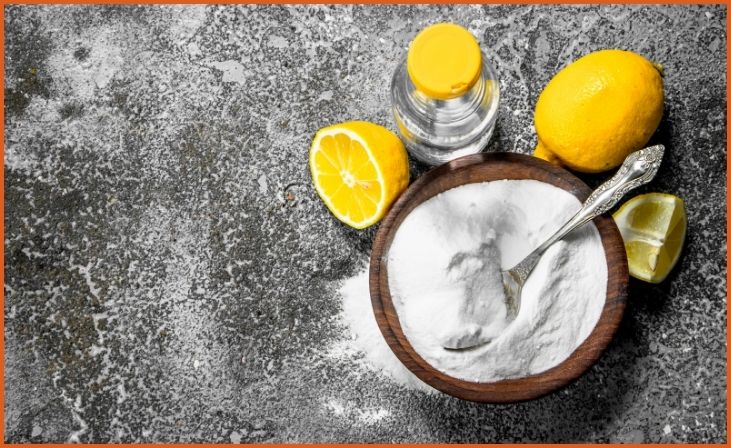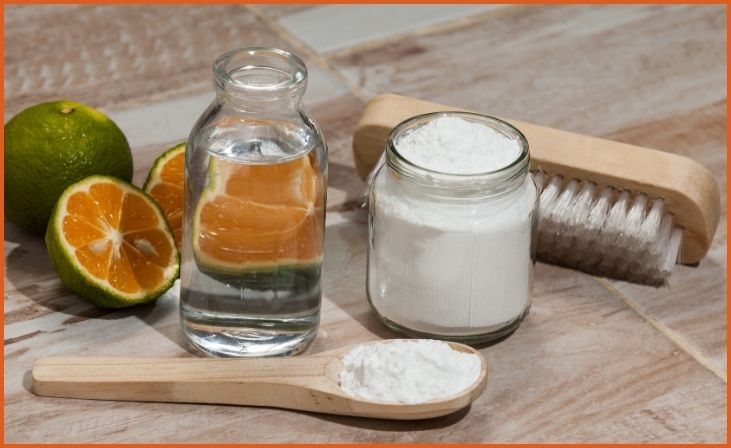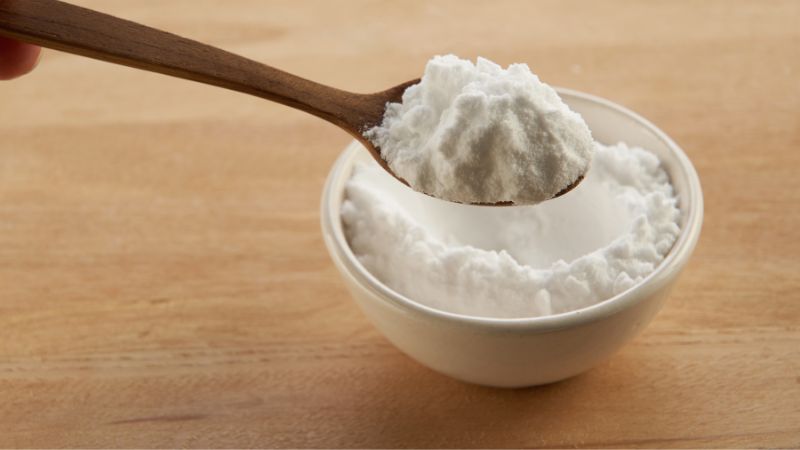Baking soda, also known as sodium bicarbonate, is a versatile ingredient commonly used in cooking, baking, and cleaning. While it is not typically consumed in large quantities, understanding its nutritional properties and various uses can help you utilize it effectively in your kitchen and home. Here are seven important facts about baking soda’s nutrition and its benefits.
Calories

Baking soda is very low in calories, with only about 0.2 calories per gram. This minimal calorie content makes it a negligible addition to your daily caloric intake, which is particularly relevant since it is usually used in small amounts. Whether you are adding it to a recipe or using it for health purposes, you won’t have to worry about it significantly impacting your diet.
Sodium
Baking soda is high in sodium, with about 1259 mg of sodium per teaspoon (4 grams). Consuming too much sodium can lead to high blood pressure and other health issues, so it should be used in moderation. While baking soda can be beneficial in many ways, it is important to be mindful of its sodium content, especially if you are on a sodium-restricted diet.
No Fat or Protein
Baking soda does not contain any fat or protein. Its composition is purely sodium bicarbonate, making it a unique ingredient with specific uses rather than a source of macronutrients. This characteristic means that baking soda will not contribute to your daily fat or protein intake, allowing you to manage these nutrients from other food sources.
Neutralizes Acids

Baking soda is alkaline, which means it can neutralize acids. This property makes it useful for baking and for soothing heartburn. In baking, the alkaline nature of baking soda helps balance the acidity in recipes, leading to better texture and flavor. For those with acid-related digestive issues, baking soda can provide temporary relief by neutralizing stomach acid.
Antacid Properties
Baking soda can act as an antacid when mixed with water. It can help neutralize stomach acid and provide relief from indigestion and heartburn. By drinking a mixture of baking soda and water, you can alleviate discomfort caused by excess stomach acid. However, it is important to use this remedy sparingly and consult a healthcare provider for chronic issues.
Cleaning Agent
Baking soda is a gentle abrasive and can be used as a cleaning agent for removing stains and odors. Its mild abrasive properties make it effective for scrubbing surfaces without causing damage. Additionally, baking soda can deodorize by neutralizing odors, making it a versatile and eco-friendly cleaning option for your home.
Cooking Aid

Baking soda is often used in baking as a leavening agent. It reacts with acids in the batter to produce carbon dioxide gas, which helps the batter rise and become light and fluffy. This chemical reaction is essential for creating the desired texture in baked goods like cakes, cookies, and bread. Understanding how baking soda works in recipes can help you achieve better baking results.



